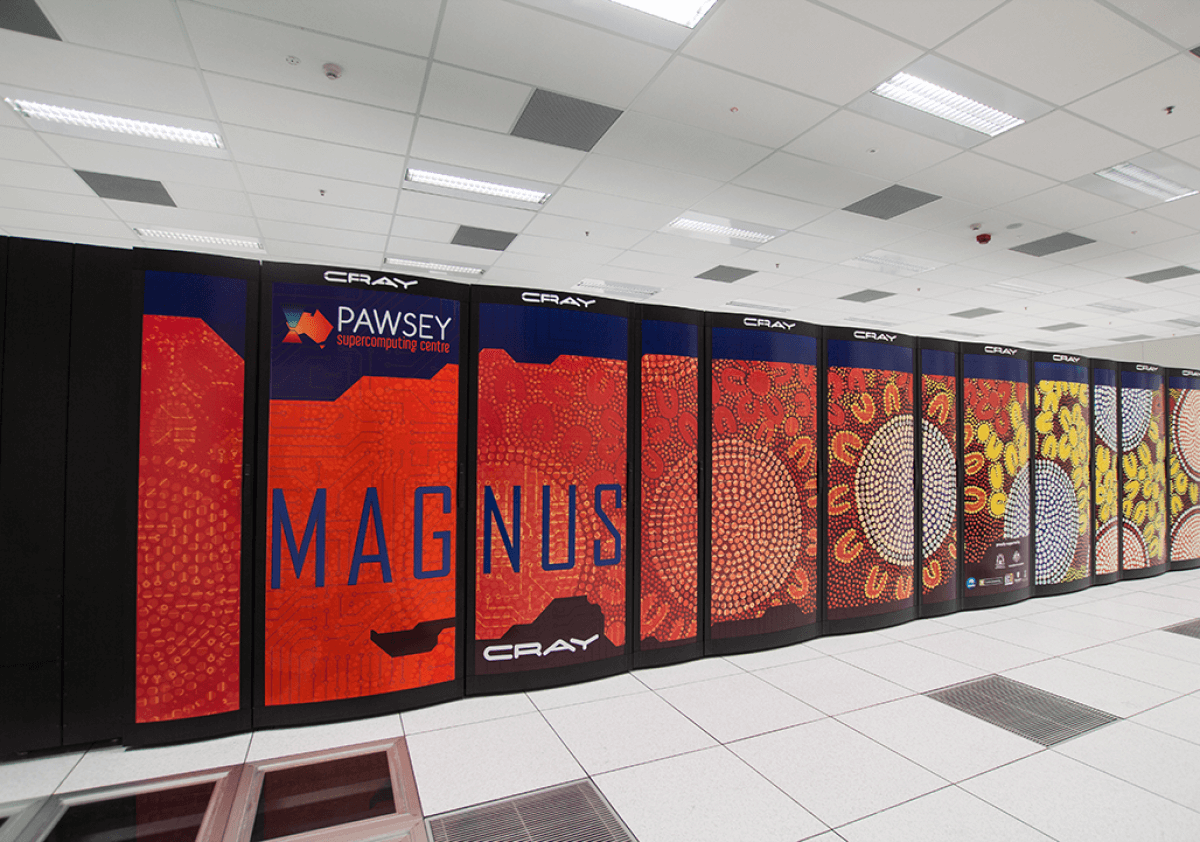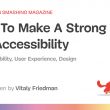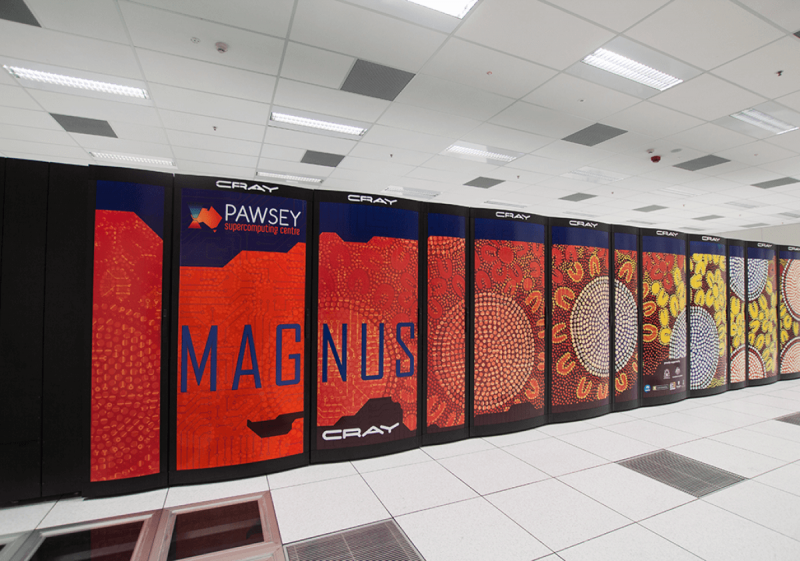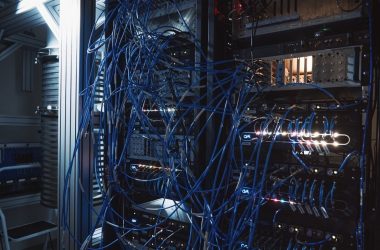

Australia’s Pawsey Supercomputing Research Centre will add the NVIDIA CUDA Quantum Platform, powered by NVIDIA Grace Hopper Superchips, to its National Supercomputing and Quantum Computing Innovation Hub. Scientists at this research center can now run state-of-the-art quantum computing simulations using the NVIDIA CUDA Quantum Platform.
The researchers at the center located in Perth will make use of the NVIDIA cuQuantum software development kit, which consists of optimized libraries and tools for speeding up quantum computing workflows, as well as CUDA Quantum, an open-source hybrid quantum computing platform with strong simulation tools and the ability to program hybrid CPU, GPU, and QPU systems.
Combining the NVIDIA Grace CPU and Hopper GPU architectures, the NVIDIA Grace Hopper Superchip would offer exceptional performance for accelerating high-fidelity and scalable quantum simulations and enabling a smooth interface with upcoming quantum hardware infrastructure.
Executive Director of the Pawsey Supercomputing Research Centre Mark Stickells said, “The research and test-bed facility at Pawsey Supercomputing Centre is helping to advance scientific exploration for all of Australia as well as the world. Our scientists will be able to push the boundaries of what is possible in quantum computing research thanks to NVIDIA’s CUDA Quantum platform.”
PCIe Technology Comparison
Pawsey is dedicated to providing the Australian quantum community and its global partners with access to the NVIDIA Grace Hopper platform.
Based on the NVIDIA MGX modular architecture, Pawsey is installing eight NVIDIA Grace Hopper Superchip nodes. GH200 Superchips use NVIDIA NVLink-C2C chip interconnects to combine an Arm-based NVIDIA Grace CPU and an NVIDIA H100 Tensor Core GPU in a single package, doing away with the requirement for a conventional CPU-to-GPU PCIe connection.
When compared to the most recent PCIe technology, this would result in a 7x improvement in bandwidth between the GPU and CPU. With the ability to perform up to 10 times better for applications handling terabytes of data, quantum-classical researchers now have unparalleled ability to tackle the most challenging challenges in the world.
Developing Hybrid Algorithms
The Commonwealth Scientific and Industrial Research Organisation (CSIRO), Australia’s national research agency, projects that the domestic market opportunity from quantum computing may generate $2.5 billion in income annually and 10,000 new employment by 2040. Achieving this would need quantum computing to be integrated in other scientific areas, with applications in astronomy, life sciences, health, finance and more.
Pushing the boundaries of quantum computing, Pawsey will develop hybrid algorithms that intelligently split calculations into classical and quantum kernels, utilizing the quantum equipment to improve computing efficiency. Pawsey will implement the system to run quantum workloads directly from traditional high performance computing systems, leveraging their processing power. They will start with several quantum variational algorithms and study quantum machine learning, chemical simulations, image processing for radio astronomy, financial analysis, bioinformatics, and specialized quantum simulators.
Tim Costa, Director of HPC and Quantum Computing at NVIDIA, stated that “High-performance simulation is essential for researchers to address the biggest challenges in quantum computing – from algorithm discovery and device design to the invention of powerful methods for error correction, calibration, and control. Innovators like Pawsey Supercomputing Research Centre can achieve these crucial breakthroughs and accelerate the timeline to useful quantum-integrated supercomputing thanks to CuDA Quantum and the NVIDIA Grace Hopper Superchip.”









